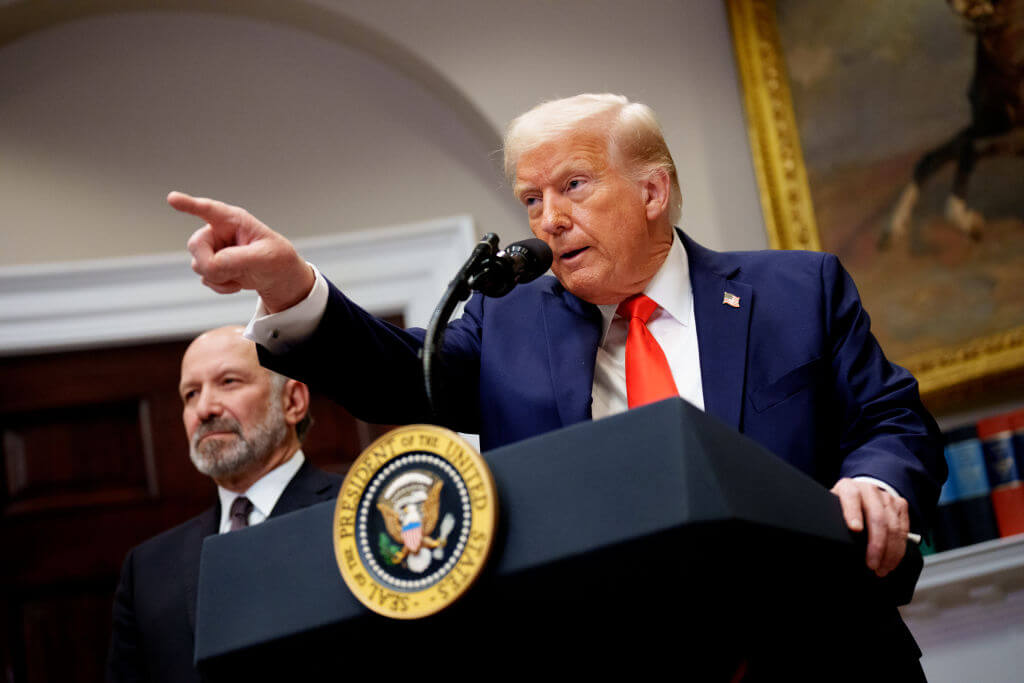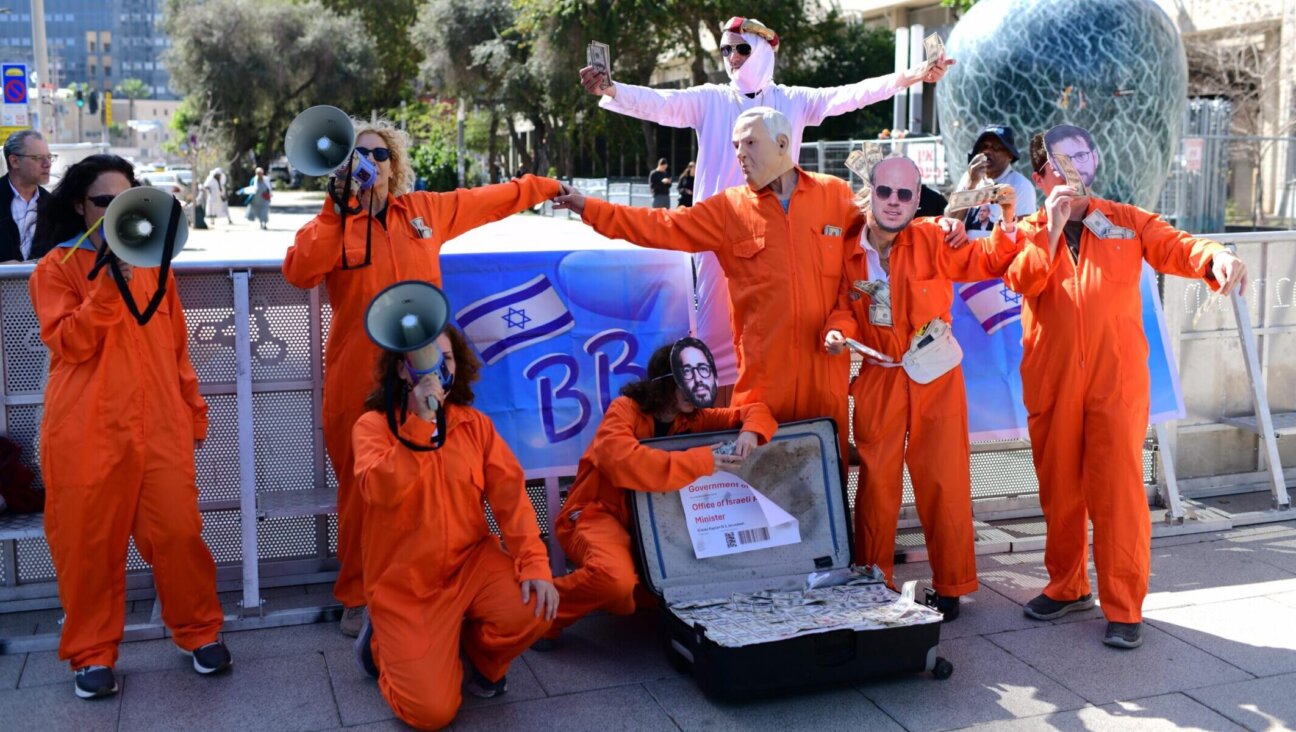With Certain Topics Kept off Table, Rabbis and Imams Find Common Ground

DIALOGUE: Imam Omar Abu-Namous (left) with Rabbi Marc Schneier at last week’s conference on Muslim-Jewish understanding.
Hoping to replicate the successful Jewish-Christian outreach of the past 50 years, a group of mainstream rabbis and imams is launching an ambitious attempt to forge a national dialogue between American Jews and Muslims.

DIALOGUE: Imam Omar Abu-Namous (left) with Rabbi Marc Schneier at last week's conference on Muslim-Jewish understanding.
Last week, imams and rabbis from a dozen large American cities gathered in New York to discuss a broad range of topics, from religious texts to social issues. Notably absent from the agenda was one topic: the Middle East.
“We want to do with Muslims what has been successful with Christians,” said Rabbi Marc Schneier, who is president and co-founder of the Foundation for Ethnic Understanding. “It is just mind-boggling to think that this has not been done before.”
While there have been numerous local outreach efforts between the two communities in America in the past, and while similar confabs have been held in Europe and the Middle East, there has never been such a nationwide initiative here. In the coming months, the program’s promoters hope to formalize the dialogue by twinning synagogues and mosques across the country.
The participants called for the creation of a National Jewish-Muslim Brotherhood Day to be observed for the first time next year. On this day, all synagogues and mosques that have twinned with each other will hold joint celebrations focusing on the urgent need for dialogue and cooperation between Muslims and Jews in cities across America, according to a draft of a final resolution.
Promoters pointed to the geographical and denominational diversity — participants included Sunni and Shi’ite imams, as well as Orthodox, Conservative and Reform rabbis — and to the fact that they represent mainstream congregations.
And while the Israeli-Palestinian conflict has been sidelined because both sides agreed it would not be solved in such a venue, they insist that this is more than a photo-op. For instance, they noted, the debates, held at both Schneier’s New York Synagogue and the Islamic Cultural Center of New York, delved into such contentious issues as the potentially incendiary nature of certain religious texts.
“Unlike other interfaith initiatives, you have rabbis and imams delving into serious issues we need to address,” said Sheikh Yassir Fazaga of the Orange County Islamic Foundation in Mission Viejo, Calif. “This goes beyond the let’s get together, feel-good, feed-the-homeless together kind of activities.”
Keith Ellison, the only Muslim member of Congress, and Rep. Jerrold Nadler, a Jewish Democrat from New York, as well as leaders of the World Jewish Congress and the Islamic Society of North America, delivered remarks, but the meeting consisted mostly of a series of thematic workshops made up exclusively of clergy.
Schneier, who initiated the effort with imam Omar Abu-Namous Islamic Cultural Center of New York, said the idea grew out of a crisis between the two men a year ago. At the time, Abu-Namous said he was in favor of a one-state solution in the Middle East, prompting a stern rebuke from Schneier. “It re-energized our dialogue, and we focused on issues such as their worries about Islamophobia and our concerns about antisemitism,” Schneier said.
Abu-Namous agreed that the Middle East conundrum was the main reason that a broad-based dialogue between both communities had not taken hold in America. “There have been mutual ill feelings harbored by both communities, because each thought for years that Palestine belonged exclusively to them,” he said. “This froze everything.” Just as Jews point to their engagement with Christians as a template, Abu-Namous says his own dialogue with Catholics and Protestants helped convince him of the need to reach out to Jews.
Fagaza added that he was “glad” the Middle East issue had been set aside, “because it won’t be solved in this room.”
Still, both he and Abu-Namous admitted that it would need to be addressed at some point in the dialogue because of its centrality to both faiths.
The Forward is free to read, but it isn’t free to produce

I hope you appreciated this article. Before you go, I’d like to ask you to please support the Forward.
Now more than ever, American Jews need independent news they can trust, with reporting driven by truth, not ideology. We serve you, not any ideological agenda.
At a time when other newsrooms are closing or cutting back, the Forward has removed its paywall and invested additional resources to report on the ground from Israel and around the U.S. on the impact of the war, rising antisemitism and polarized discourse.
This is a great time to support independent Jewish journalism you rely on. Make a Passover gift today!
— Rachel Fishman Feddersen, Publisher and CEO
Most Popular
- 1

Opinion My Jewish moms group ousted me because I work for J Street. Is this what communal life has come to?
- 2
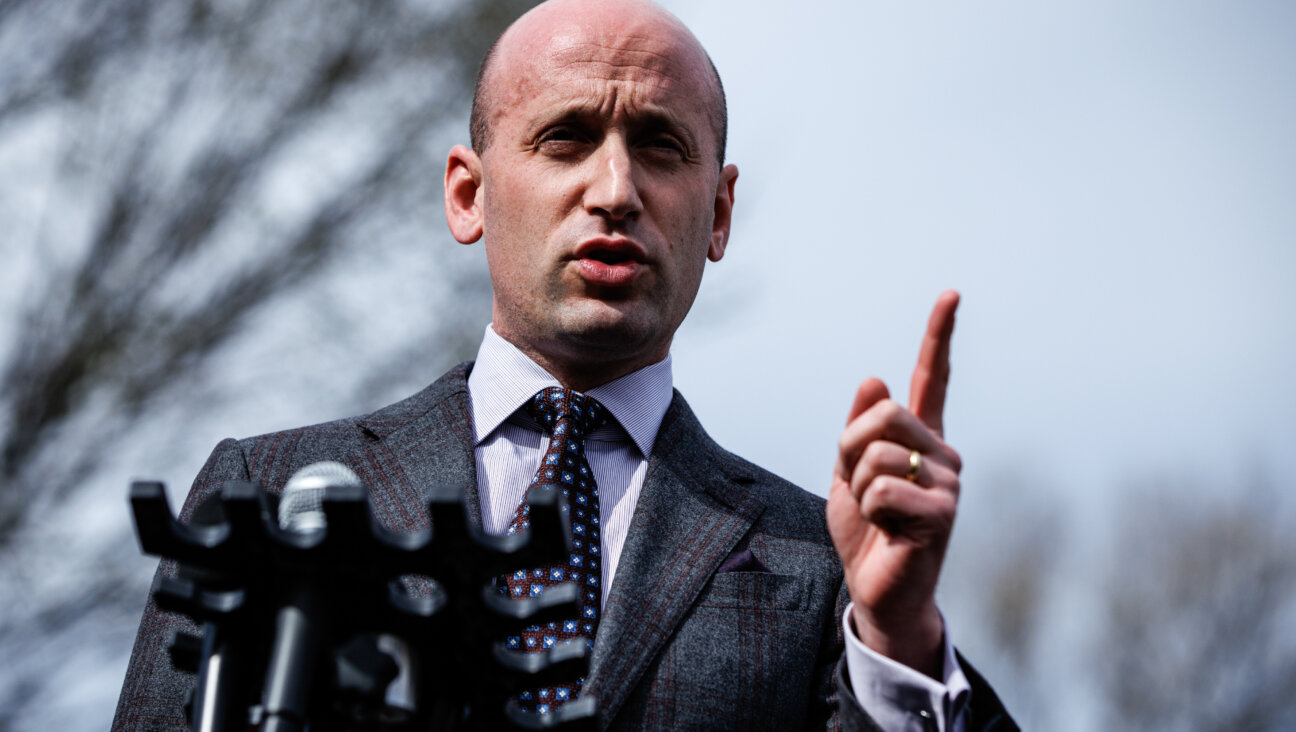
Opinion Stephen Miller’s cavalier cruelty misses the whole point of Passover
- 3
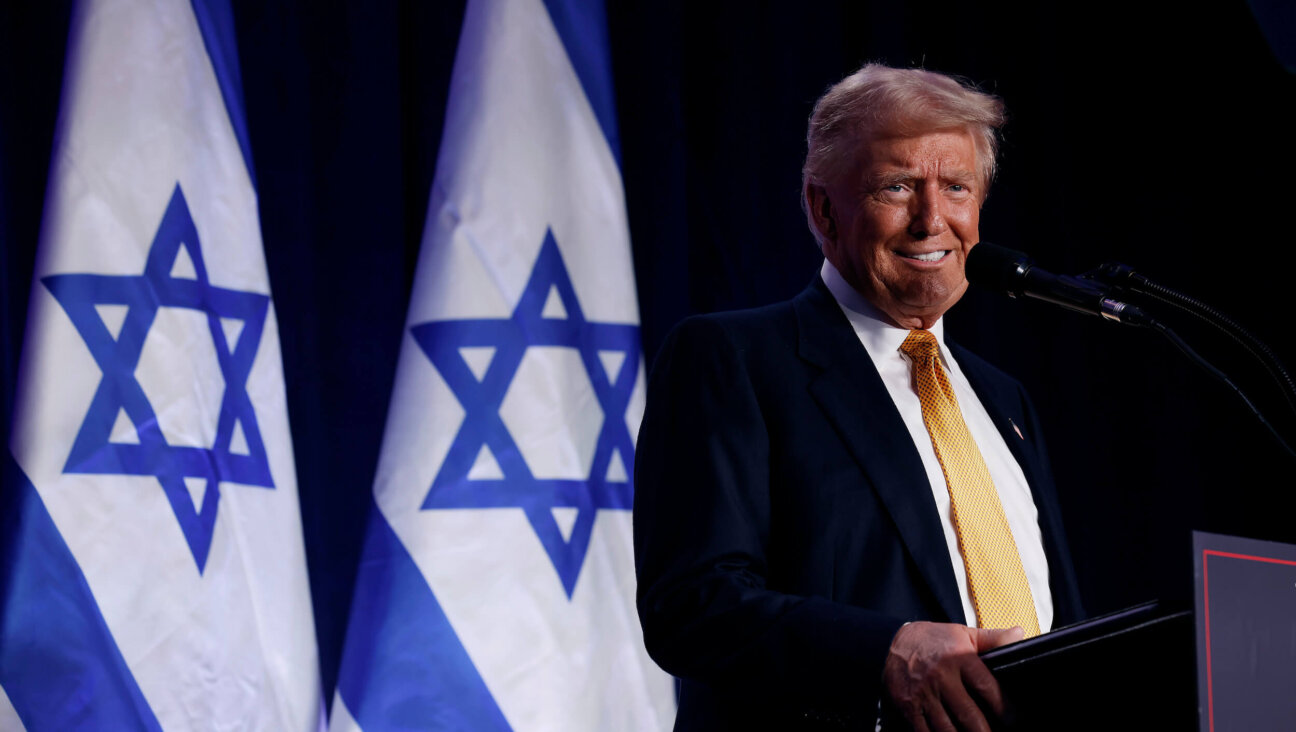
Opinion I co-wrote Biden’s antisemitism strategy. Trump is making the threat worse
- 4
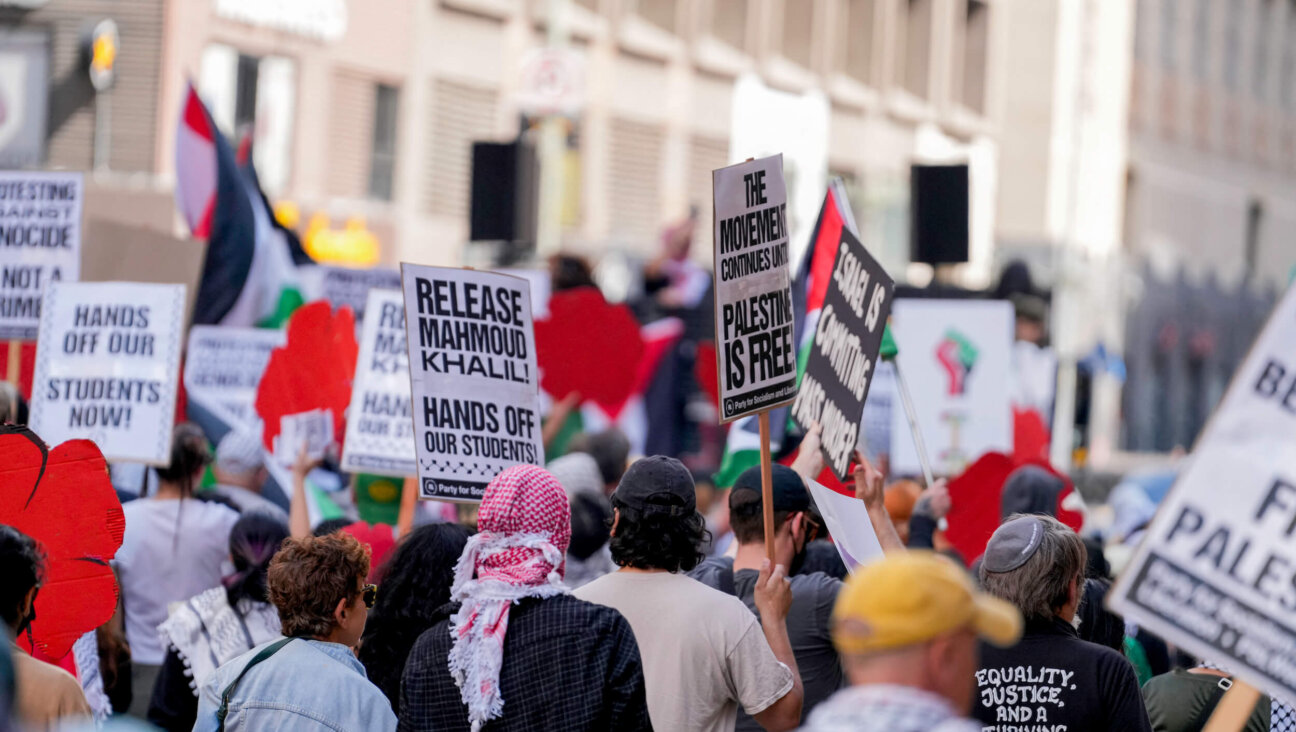
Opinion Passover teaches us why Jews should stand with Mahmoud Khalil
In Case You Missed It
-
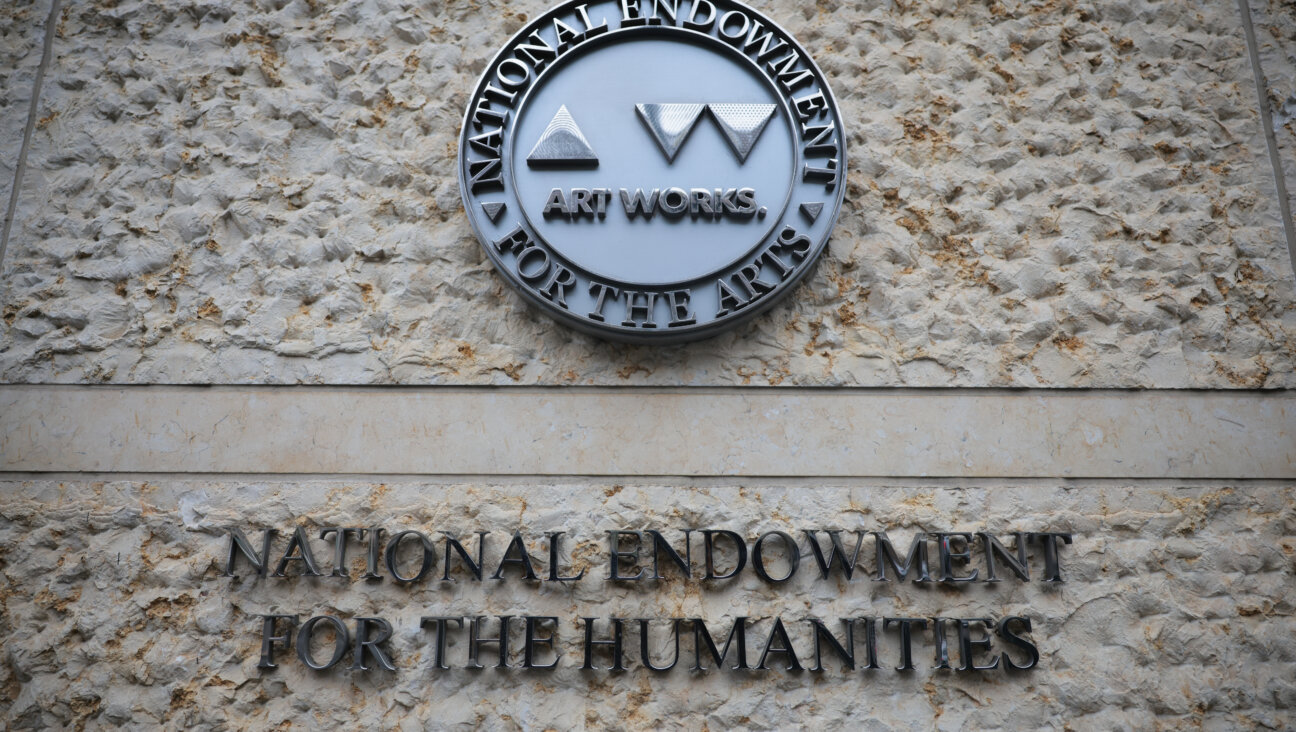
Culture Jews thought Trump wanted to fight antisemitism. Why did he cut all of their grants?
-
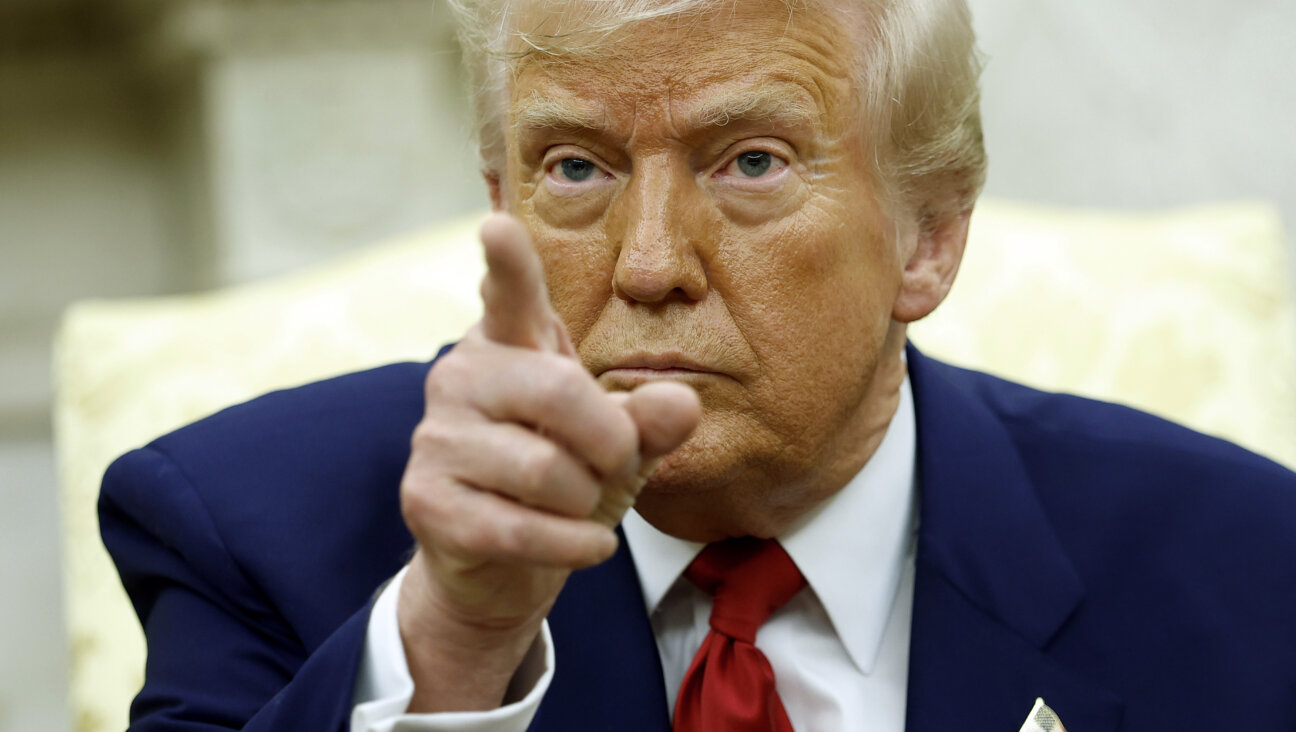
Opinion Trump’s followers see a savior, but Jewish historians know a false messiah when they see one
-
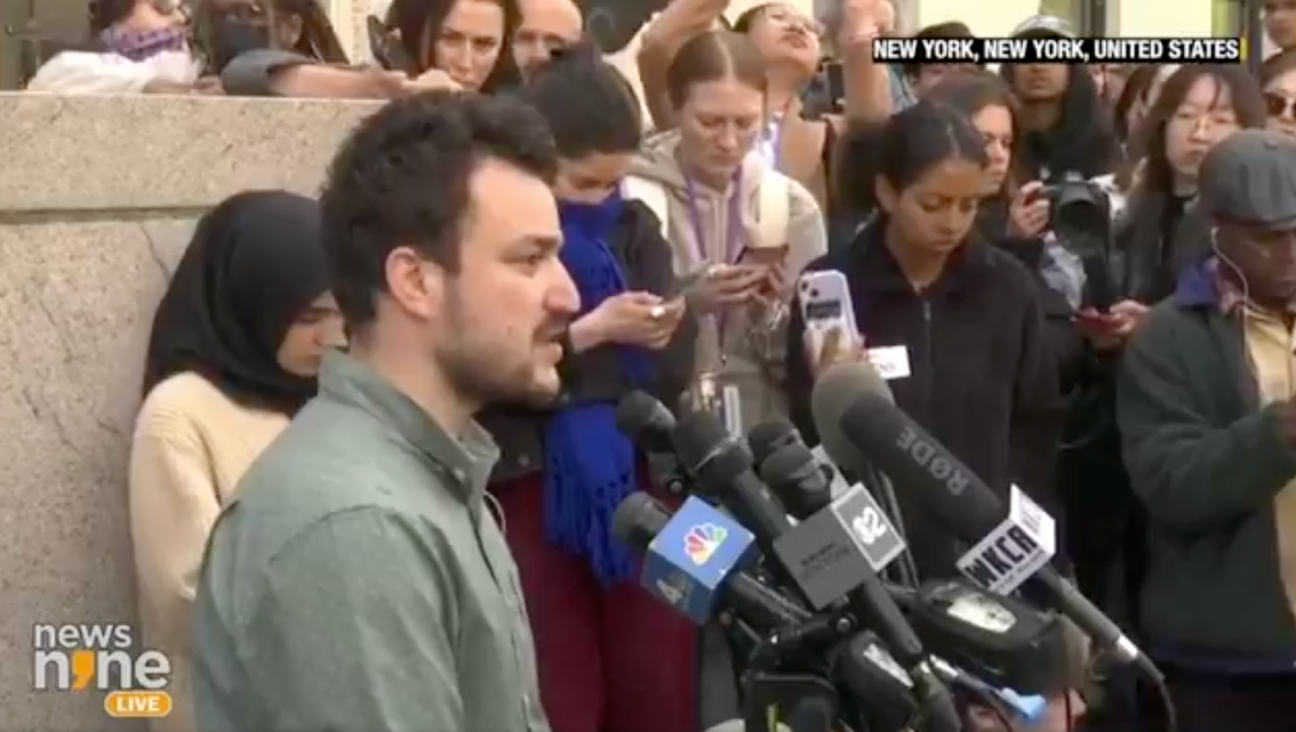
Fast Forward Trump administration can deport Mahmoud Khalil for undermining U.S. foreign policy on antisemitism, judge rules
-
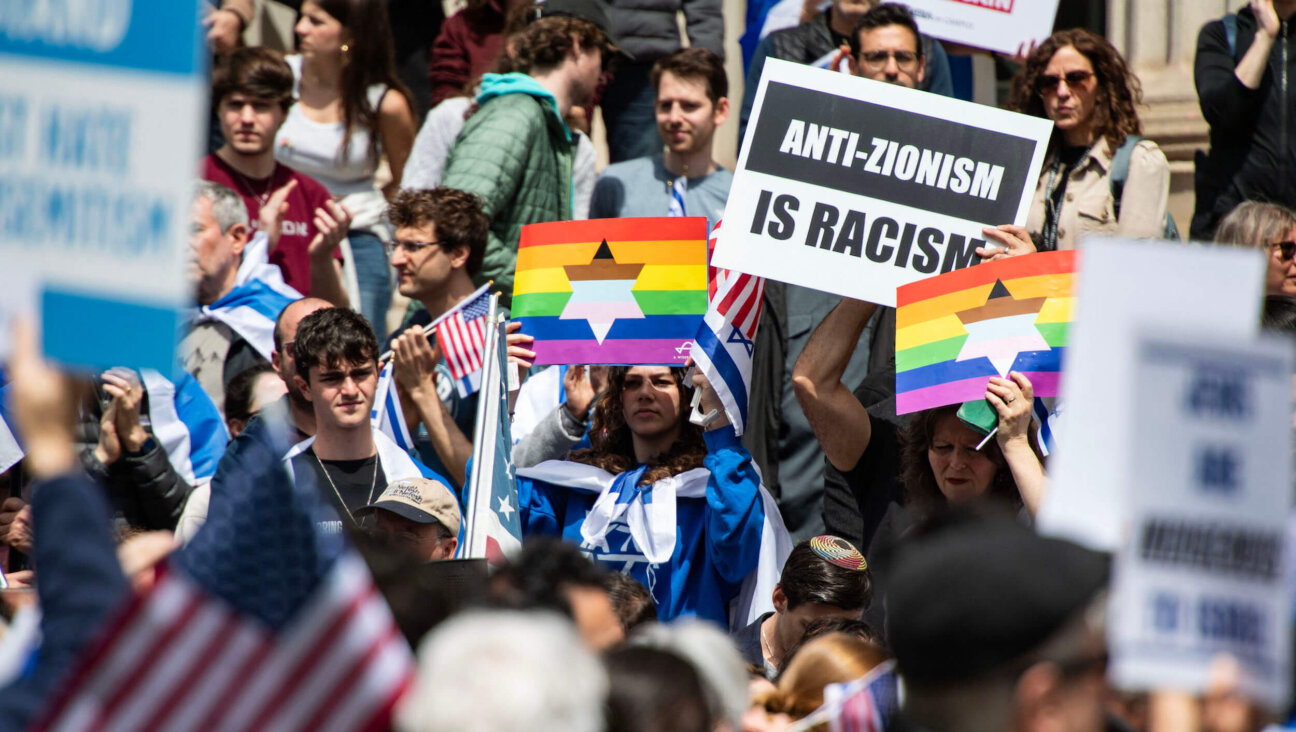
Opinion This Passover, let’s retire the word ‘Zionist’ once and for all
-
Shop the Forward Store
100% of profits support our journalism
Republish This Story
Please read before republishing
We’re happy to make this story available to republish for free, unless it originated with JTA, Haaretz or another publication (as indicated on the article) and as long as you follow our guidelines.
You must comply with the following:
- Credit the Forward
- Retain our pixel
- Preserve our canonical link in Google search
- Add a noindex tag in Google search
See our full guidelines for more information, and this guide for detail about canonical URLs.
To republish, copy the HTML by clicking on the yellow button to the right; it includes our tracking pixel, all paragraph styles and hyperlinks, the author byline and credit to the Forward. It does not include images; to avoid copyright violations, you must add them manually, following our guidelines. Please email us at [email protected], subject line “republish,” with any questions or to let us know what stories you’re picking up.








